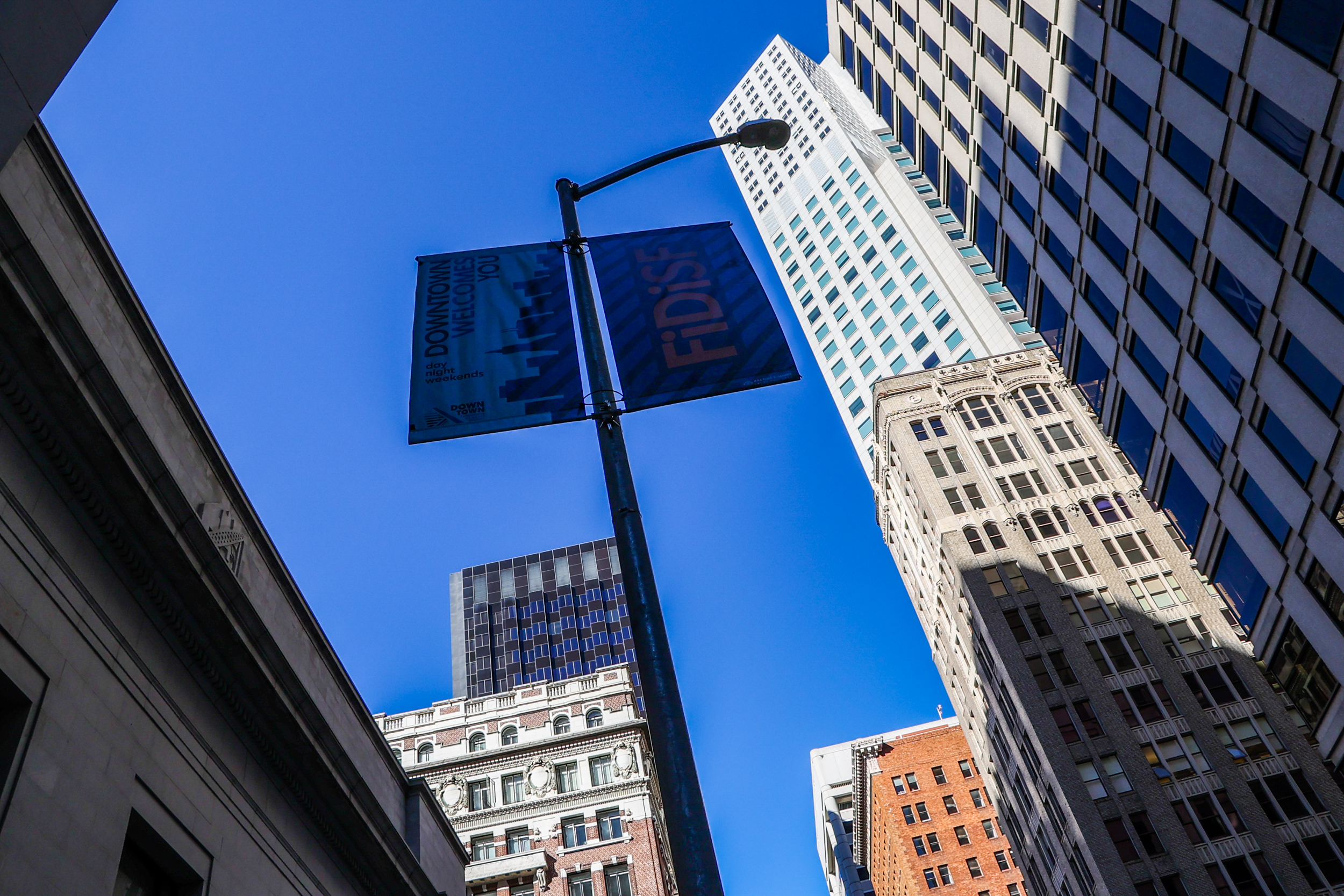Airbnb CEO Brian Chesky took to Twitter last Thursday to officially announce that the company’s workers will not be required to come back to the office, following in the footsteps of other erstwhile tech employers that have gone at least partially remote.
“Our business wouldn’t have recovered as quickly from the pandemic if it hadn’t been for millions of people working from Airbnbs,” Chesky wrote. “We also had the most productive two-year period in our company’s history—all while working remotely.”
The short-term rental company had previously targeted a September 2022 return for its return to the office, but careful trackers of Airbnb’s real estate moves shouldn’t be too surprised about Chesky’s announcement. The company has continued to shed office space in San Francisco during the pandemic, dropping or subleasing more than 400,000 square feet at sites across the city. It even took a $113 million charge last year in order to exit a lease early.
The company confirmed it is currently occupying two San Francisco offices at 999 Brannan St. and 888 Brannan St. Employees working remotely won’t see any changes to their compensation, the company said.
When asked whether Airbnb plans to shift its HQ out of San Francisco or continue its downsizing efforts, a spokesperson said they “don’t have any changes to or updates on our offices to share at this time.”
Not a great vote of confidence, nor a great sign for the sluggish recovery of the city’s office market.
Airbnb joins other blue-chip tech companies like Yelp, Dropbox and Salesforce subsidiary Slack in reducing its San Francisco footprint. Block, another major tech employer that’s gone primarily remote, recently revealed that it’s removed San Francisco as its headquarters.
Hybrid work has persisted despite concerted efforts by the mayor and business groups to get workers back in the office and support struggling downtown small businesses.
As an example, none of the five largest tenants in Salesforce Tower, who represent more than 1.2 million square feet of rentable space — currently have plans to bring workers into the office five days a week. Most are at three or fewer days in the office.
The city itself has more than doubled its estimate of the proportion of office workers that will be permanently telecommuting from 15% to 33%.
Commercial vacancy rates in San Francisco rose to 23.8% during the first quarter of 2022, according to a report from real estate services firm CBRE. That’s higher than the levels seen during the peak of the dot-com crash. For context, previous vacancy highs for San Francisco were 19% in 2003 and 16% in 2010.
Net absorption for the quarter—the amount of new space rented minus the amount of space that became vacant—was at -1.1 million square feet, marking the ninth straight quarter of occupancy losses.
Vacancy rates also vary widely by submarket in the city’s central business district, ranging from 18.4% in the South Financial District to 41.2% in Yerba Buena.
Airbnb likely isn’t the last domino to fall, either: According to CBRE, further adoption of hybrid work “is likely to persist throughout the year.”
That theory has been borne out by other measures of the city’s return to work.
According to office occupancy data provided by keycard company Kastle, the percentage of in-office workers for the week of April 20 hovered around 33%, which puts the city ahead of both the New York and San Jose metro areas, although below the 41% average of 10 major metros across the country.
Still, real estate observers say signs of a recovery are emerging alongside greater clarity around the pandemic, noting a pickup in square footage requirements of companies in the market for office space.
“Now that returning to the office has started in earnest, companies will get a better understanding of what their office space needs may look like in the months ahead,” said Colin Yasukochi, executive director of CBRE’s Tech Insights.
“This uncertainty, which is related to how hybrid work evolves, will reset the connection between employee growth and office space needs,” he said.
